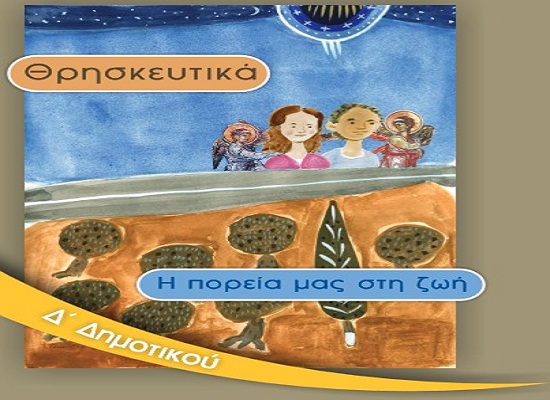
14-09-16 Religion class becomes comparative religion instruction
The Government Gazette has published the new religion course curriculum for junior high schools and high schools, in effect as of the 2016-2017 school year. We offer hear a portion regarding the demands of religious education in a European milieu.
1. The demands of religious education in a European milieu
Since the beginning of the 21st century, international developments confirm that religious education refers to a multi-faceted and comprehensive instruction of students. In this open European dialogue on school religious education and in the official European documents on education, the demand for the right of all children to religious education is acknowledged, and that is the lever for its better organisation.
The aim then is a curriculum in which all children may participate without distinction and regardless of their religious commitments, and this is considered self-evident and necessary.
The knowledge of the dangers of religious isolation and of various political and ideological uses of religion leads to the need to highlight religious values in an arena of dialogue, meeting, and the peaceful co-existence of people, regardless of their religious and political beliefs or differences.
In this way, it is considered that religions contribute to confronting clashes and to the cohesion of contemporary multi-cultural societies.
Despite difficulties and differences, the therapeutic and conciliatory role of religions is a given, as most posit proposals to support and highlight that role.
Consequently, a religion course that examines issues such as justice, peace, conciliation, social cohesion, religious toleration, responsibility for the world, the quest for personal meaning, the meeting and relationship with God and others, creativity, ethical behavior, and responsibility for social problems – crucial issues for social life in Europe – offers great opportunities to examine issues of exclusion and prejudice toward religious differences, and to propose and utilise the basic preconditions and capabilities for peaceful coexistence of citizens in a state of prosperity and social justice.
Despite differences in the curriculum of each country, the two axes on which it is built are non-negotiable: a. A framework of steadfast European values such as democracy, social cohesion, social justice and human rights. B. Clear educational criteria and related educational objectives such as sensitivity, respect, toleration, empathy, understanding, critical thought, and broader horizons. Though uniform solutions are not feasible, since each country chooses freely the character and orientation of religious education (which is linked tightly to historical and cultural relations), it is recognised in the international academic debate and legal framework that a religion course that is limited exclusively to one’s own religious tradition has reached its limit.
